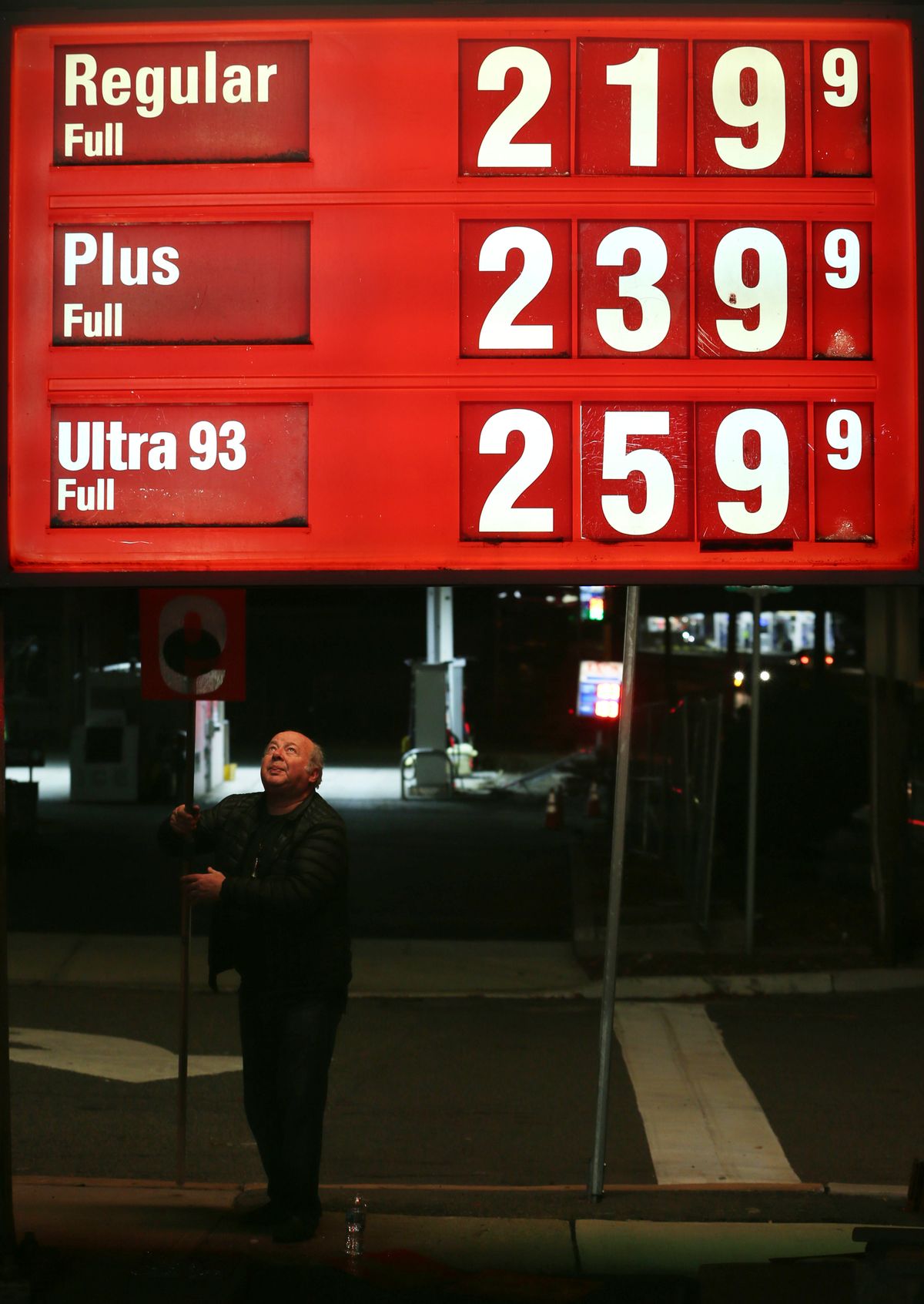2017 is expected to be a tough year for Americans' wallets, at least when it comes to gas prices.
On average, the cost for a gallon of regular fuel is expected to reach $2.49 in 2017 as opposed to $2.13 in 2016, according to Time magazine. The average cost for a gallon of gas rose 17.4 cents since last month, and 6.4 cents just last week to $2.35, the highest since June 2016.
The sudden price spike can be attributed to OPEC's decision in November to cut oil production. Although OPEC decided in 2014 to produce as much gas as it could, it has now decided to cut back production, with the inevitable result that rates are going to go up.
"The attitude change in 2014 opened the door to cheap gas,'' said Patrick DeHaan, senior petroleum analyst at GusBuddy, in an interview with USA Today on Tuesday. "The meeting this past November is shutting the door.''

Shares